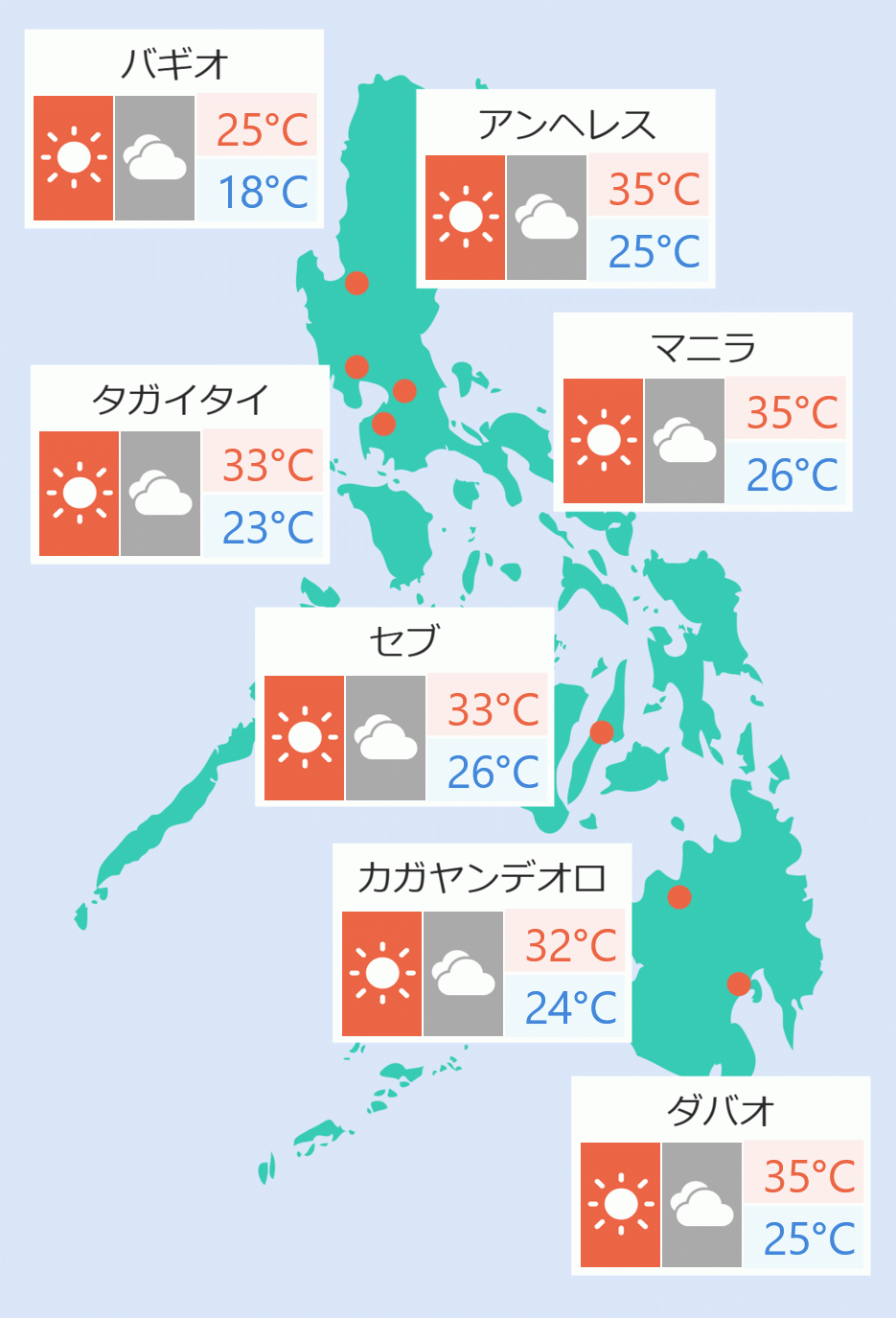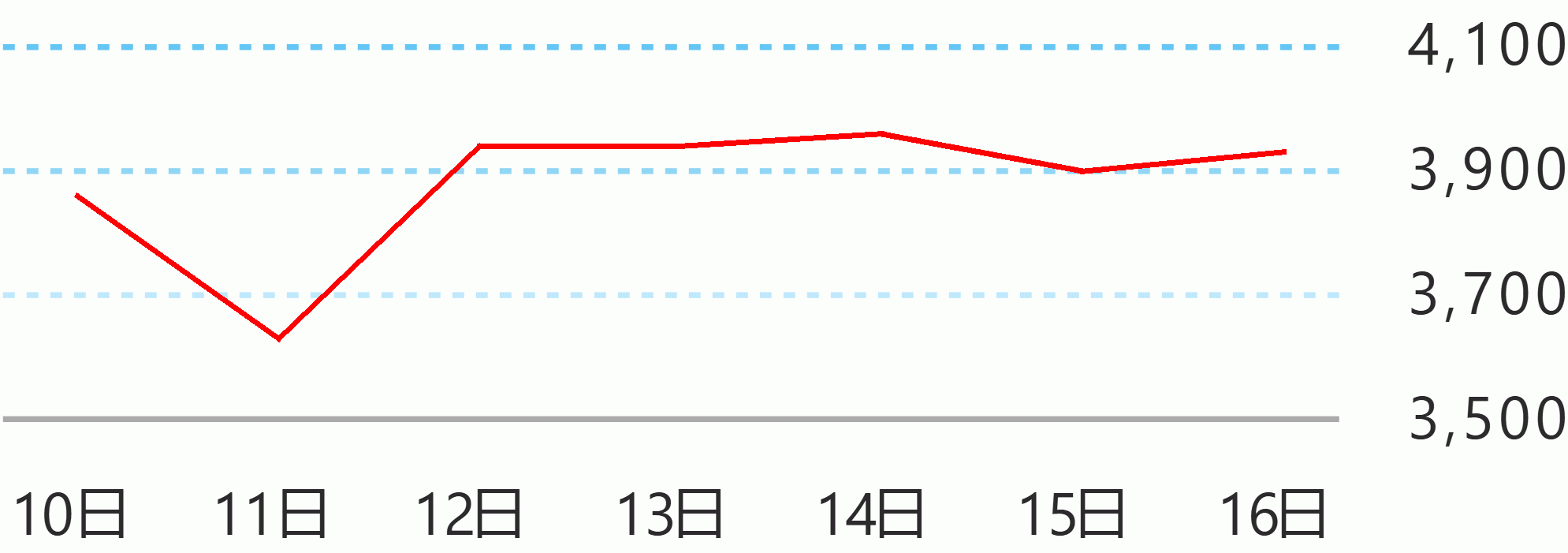Philippine Ambassador to the United States Jose Manuel Romualdez revealed that President Ferdinand Marcos Jr. "doesn't want any travel".
This was mentioned by Romualdez in a television interview on Wednesday, amid the opinion of some netizens that Marcos is travelling too much.
"This President, I know he doesn't want any travel. He said it to me many times, I can't keep on going out. Because as I said, there are already, I think, three planned trips going to the United States. He said that we have to think about that because he wants to be programmed in such a way that these commitments that we expected from him will be planned out properly, that space out in the right way," he said.
Romualdez noted that there are travel commitments that cannot really be avoided by a president.
"Nowadays, travelling for any leader is a must, it is something that must be done and there is a big difference whenever there is an in person meeting, face to face meeting. The United States, obviously their president travels a lot, they have their own aircraft. But it's important, because diplomacy is conducted in person, even me, when during the COVID, I still had to go around and take my chances because that's the only way, that's the only way to conduct diplomacy," he said.
"You have to do it in person, and our president needs to do that . We told him that there are some commitments or some travel commitments that he cannot really avoid," he added.
After he returned to the country from the APEC summit last Saturday, Marcos is to attend ASEAN-EU summit in Belgium on December 14.
It can be recalled that the series of international travel made by Marcos started after he had his first state visit in Indonesia last September.
During his working visit to the US, official visit to the ASEAN Summits and APEC, Marcos held bilateral meetings with world leaders such as Japan Prime Minister Fumio Kishida, Saudi Arabia Crown Prince Salman, Chinese President Xi Jinping, French President Emmanuel Macron, Australian Prime Minister Anthony Albanese and Canadian Prime Minister Justin Trudeau. Robina Asido/DMS




 English
English











